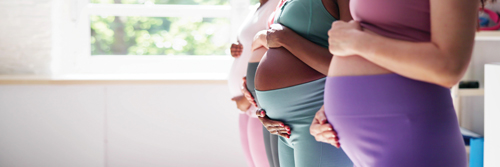
by Paul Dix
specialist in children’s behaviour
How to parent without shouting and why it’s the one tip a parenting expert says will transform your children’s behaviour.
Amongst the chaos of everyday parenting shouting feels like a natural byproduct. It is often the shortcut to calling your children to dinner/chastising them for rudeness/stopping them murdering themselves. It feels intuitive, like the right thing to do, but if you want to revolutionise the way you manage your child’s behaviour the answer is counterintuitive.
A casual shout for attention from a distance can often be the spark for confrontation, “Sam, SAM, SAAAAAAAM”, “WHAT!, why are you shouting at me flipping heck” “How dare you! Did you just swear at me….” This is intensified in the mornings as we try to raise teenagers deep in sleep by repeatedly shouting them out of bed. It needs some patience and resolve from you as a parent but the first step to change is to stop the casual shouting. Get up and speak to each other, ring a bell for dinner, agree a routine for the morning that is calm and doesn’t involve screaming. The first change, annoyingly, has to come from you. Refuse to shout, lower the volume in your home, change the intensity of your demands.
Now address the way you deal with poor behaviour. Shouting as a punishment is not effective. It underlines the “NO”, but sends all sorts of messages that you don’t want your child to receive. A shouty adult is unpredictable, seemingly angry and the worst model for emotional control. Children see, children do. If you want your child to be emotionally regulated, you need to be too. It takes a little practise but it is possible to pause, step back and see your child’s behaviour for what it really is and not as a personal attack. I know that we are all emotionally invested but emotion is not a good teacher. When it comes to behaviour your child needs a calm, rational, regulated adult. It won’t take them long to learn.
Often a child learns to change their behaviour just so that the adult doesn’t shout. The game becomes how to be more sneaky more secretively. You can get away with anything until you provoke the bear. The focus is immediately on your behaviour and not theirs. The culture in your home changes. Children behaving one way when you are there and another when the bear is asleep/out/hungover. You want your child to behave brilliantly when you are not there. They need to be able to regulate without you. Shouty parents might get their temporary needs met but they don’t meet the needs of their child. Teaching behaviour can’t be an improvisation. It needs a plan.
Having rules and holding to the boundaries is essential. You can help your child to learn those boundaries and stay within them without roaring. Instead try establishing three simple rules. Try ‘Kind, Caring, Co-operative’, or ‘Ready, Respectful, Safe’ and refer to them each time you want to correct behaviour. Use these three pegs to focus yourself and your child. “It isn’t respectful to call your Granny, ‘bruv’, ‘Remember our safe rule when we cross the road”, “I need you to be co-operative, it is an important rule, put the cake down and cut a slice”. Make sure that each time you use one of the rules you back it up with “this is how we do it here”. Your home, your rules, your culture.
Now start noticing the good stuff about your child in amongst the chaos. Encourage the idea that they can behave brilliantly. You get more of the behaviour that you notice most. Notice the behaviours that you want to encourage and link them to the rules, “Thank you for doing that without being asked, I keep noticing how kind you are” or “I noticed you were ready on time this morning. Love that.” Aim for just three moments of positive noticing a day, even on the bad days. Your child is more than their current behaviour and they need to know that you know that. The more you positively notice the harder it is for negative labels to form. Despite lapses in behaviour your child spends most of their time behaving impeccably. Notice it, build on it, encourage your child to have the most positive labels.
The route to improving your child’s behaviour and your relationship has its foundations in calm, positive interactions focused around three simple rules as mentioned earlier. It is counterintuitive but it works. In the meantime, save your shouting for inanimate objects. Strangely it makes much more sense.
Paul Dix is a specialist in children’s behaviour and the author of When the Parents Change, Everything Changes: Seismic Shifts in Children’s Behaviour

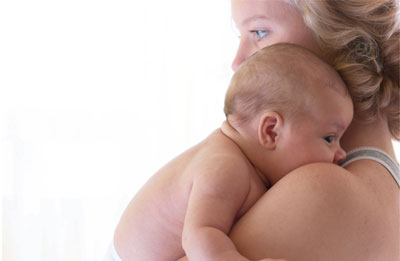

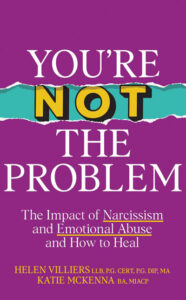 The Sunday Times Bestseller “You’re Not the Problem” will help you recognise the language and behaviours of emotional abuse and narcissism in relationships, the immediate and long-term impact of it, practical strategies for healing and how to avoid repeating these behaviours. Buy “You’re Not The Problem” on Amazon and in all major book stores.
The Sunday Times Bestseller “You’re Not the Problem” will help you recognise the language and behaviours of emotional abuse and narcissism in relationships, the immediate and long-term impact of it, practical strategies for healing and how to avoid repeating these behaviours. Buy “You’re Not The Problem” on Amazon and in all major book stores.

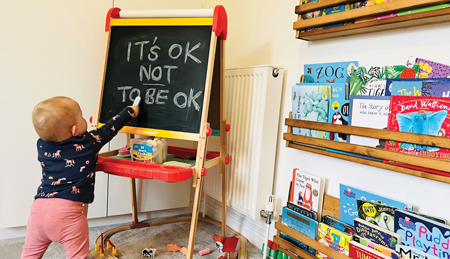
 Mining for diamonds
Mining for diamonds

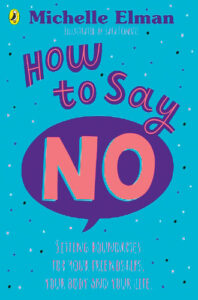 isten when their siblings say no to them entering their room. Emphasising that we also want to respect other people’s boundaries and giving them the language around boundaries is also really helpful. A boundary might not always sound like the word “no”, it can be “That doesn’t work for me”, or “I don’t like the sound of that,” and when you understand that this is someone conveying their boundaries, not only do they have phrases to listen out for but they have the same phrases they can use themselves.
isten when their siblings say no to them entering their room. Emphasising that we also want to respect other people’s boundaries and giving them the language around boundaries is also really helpful. A boundary might not always sound like the word “no”, it can be “That doesn’t work for me”, or “I don’t like the sound of that,” and when you understand that this is someone conveying their boundaries, not only do they have phrases to listen out for but they have the same phrases they can use themselves.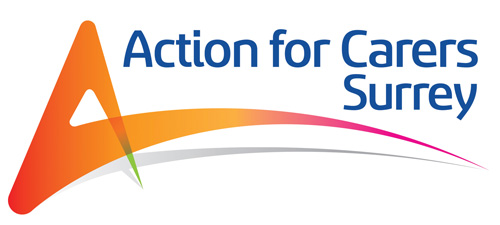
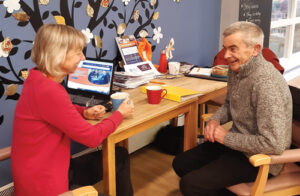 Although it can be rewarding, and deepen relationships, caring can also be extremely hard, and will often affect someone practically, socially, emotionally, and financially.
Although it can be rewarding, and deepen relationships, caring can also be extremely hard, and will often affect someone practically, socially, emotionally, and financially.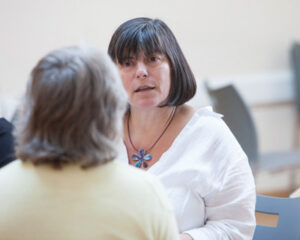 Your employment rights
Your employment rights